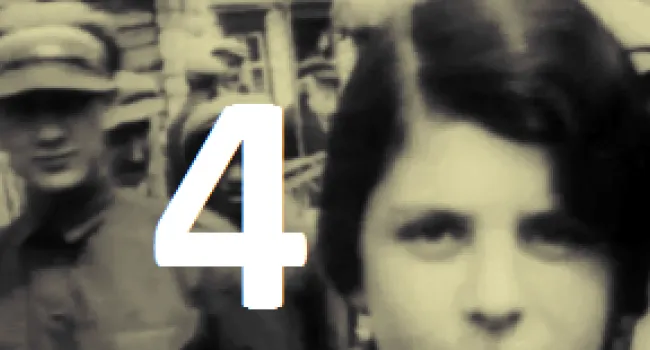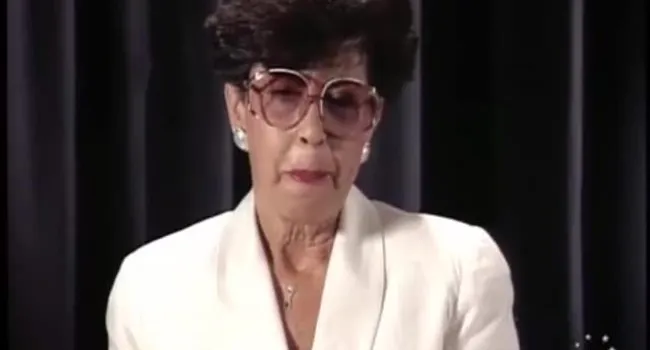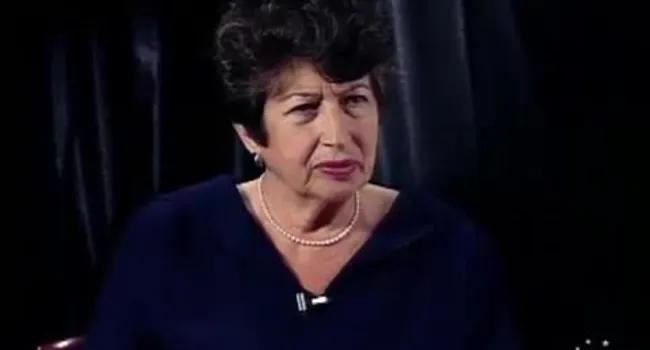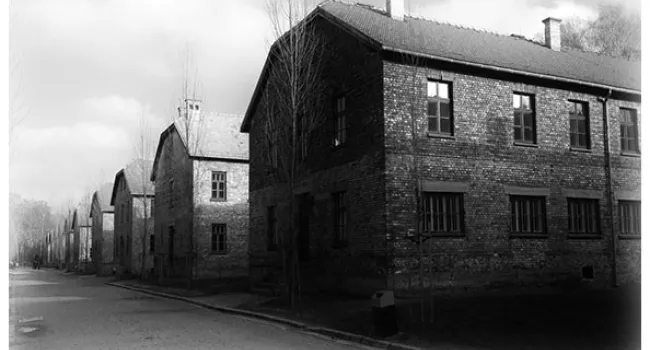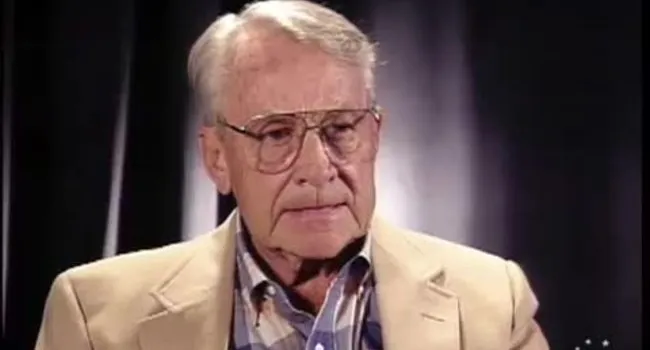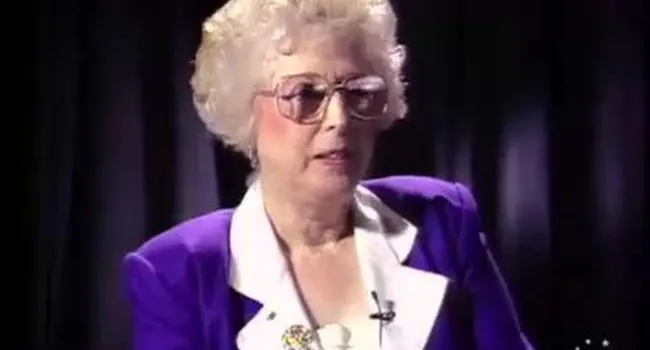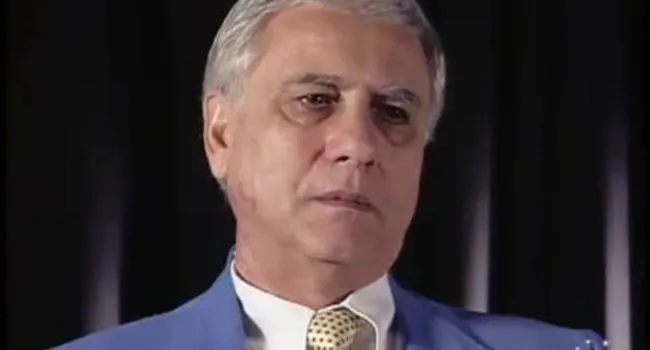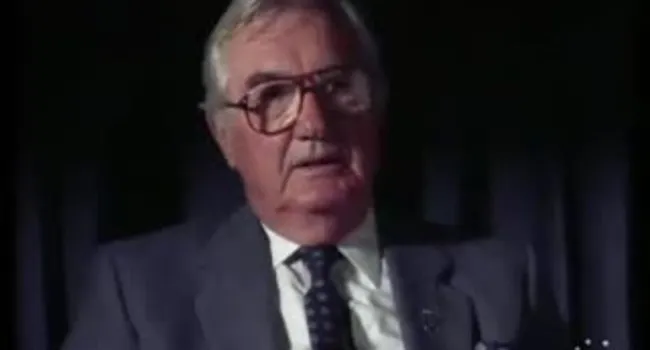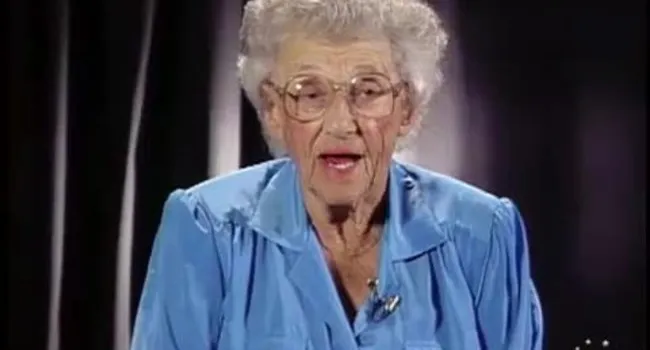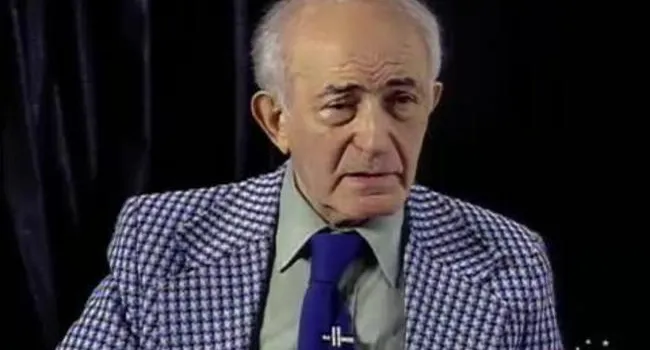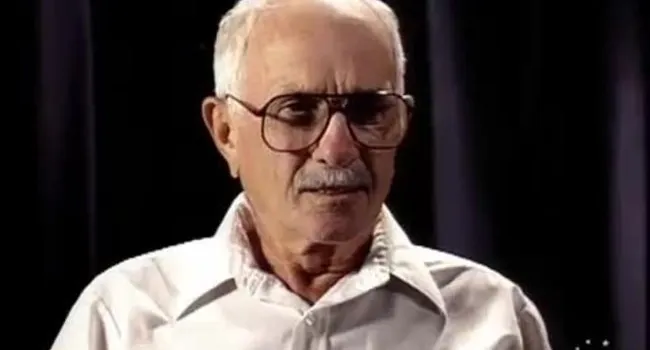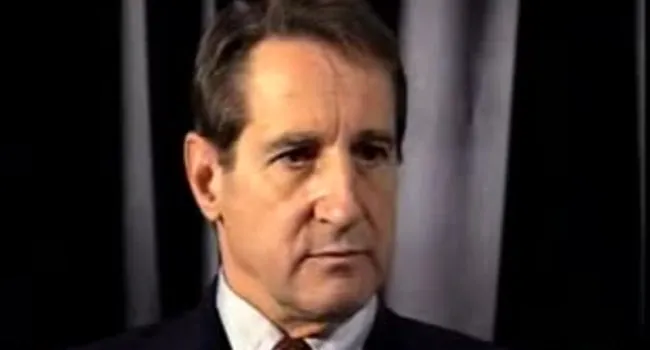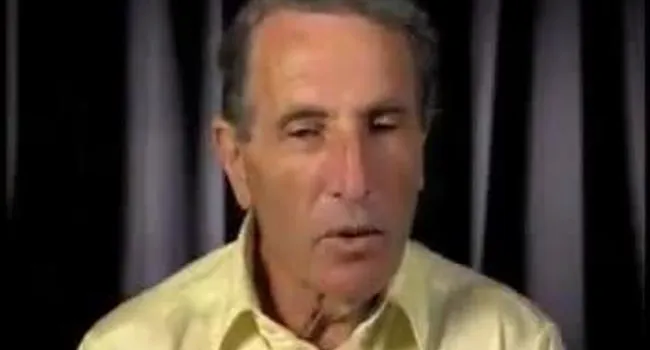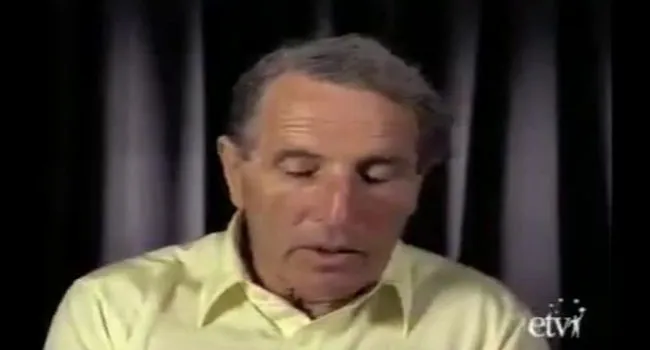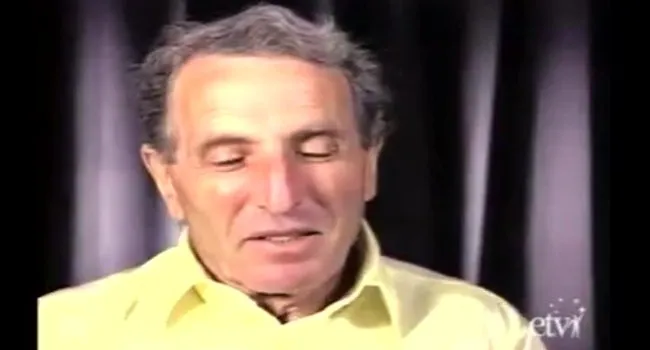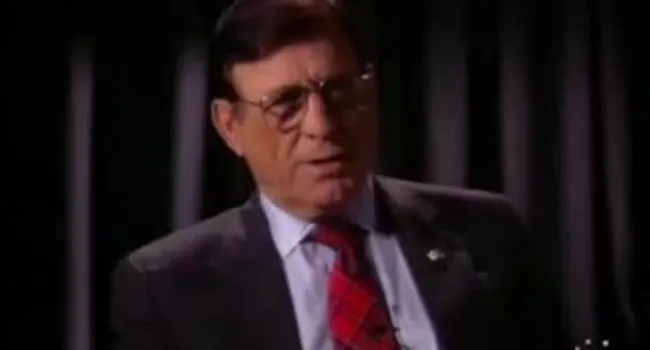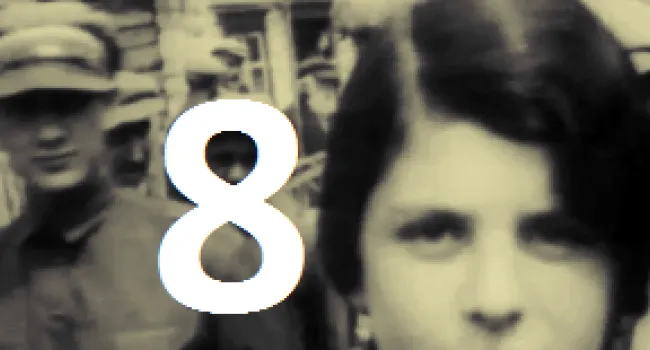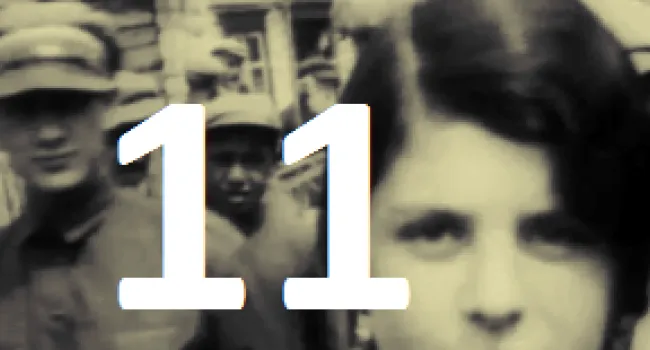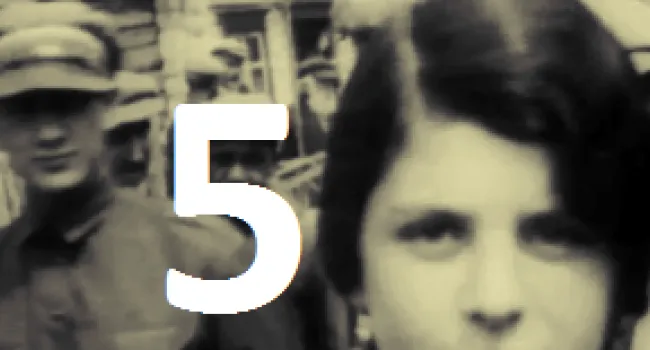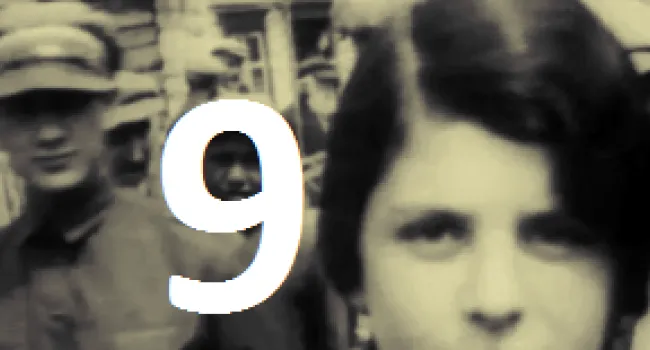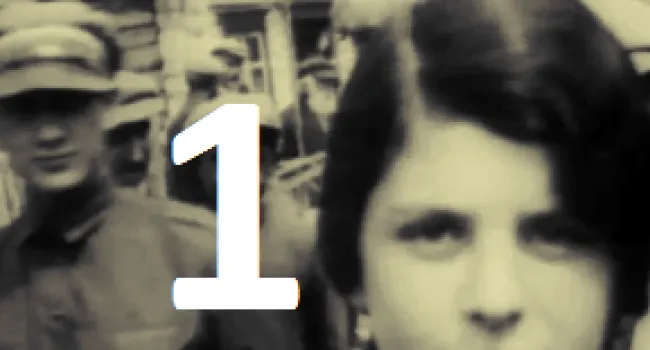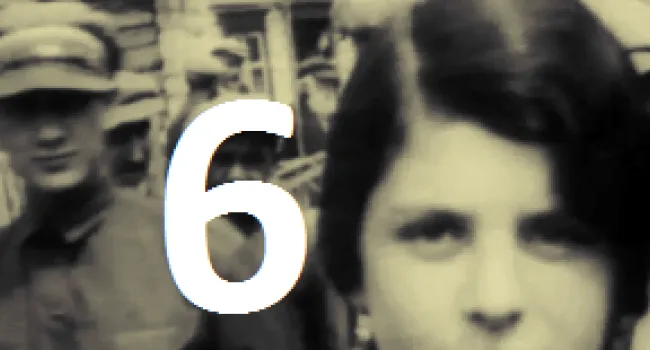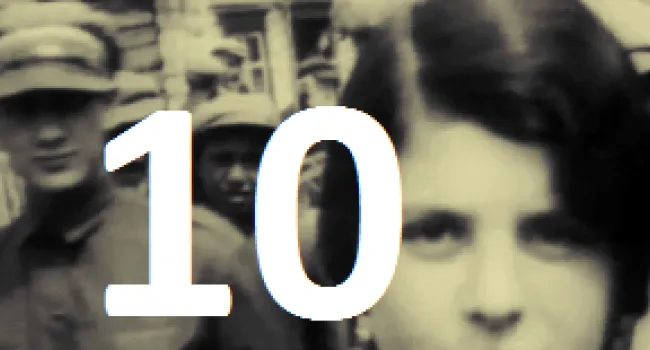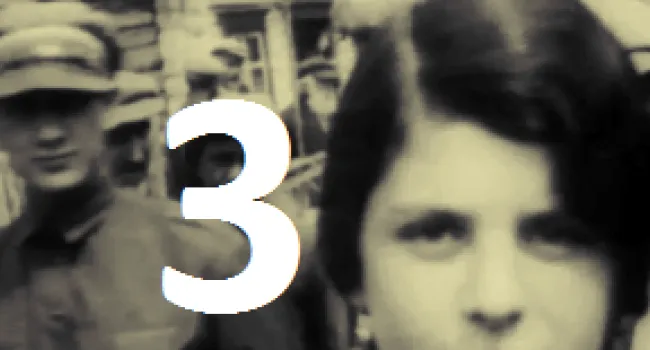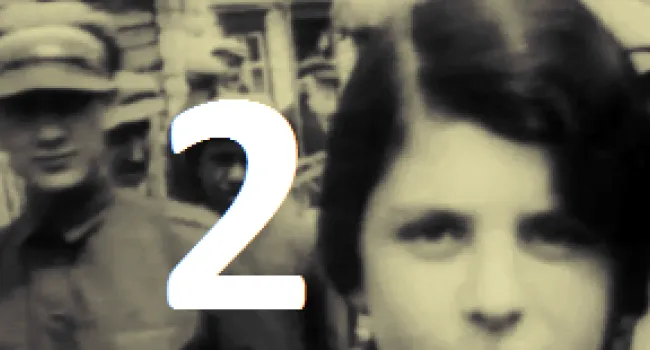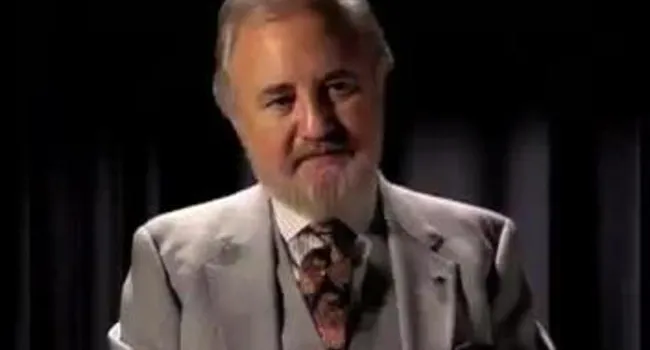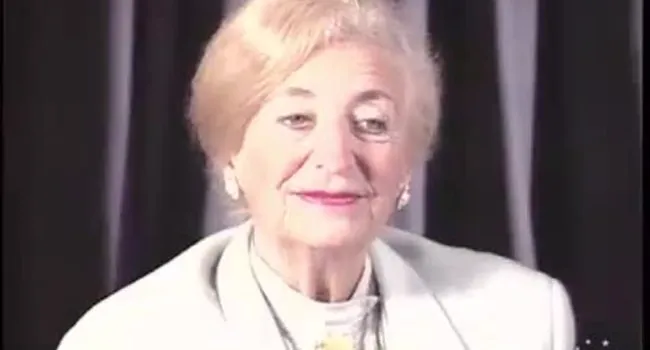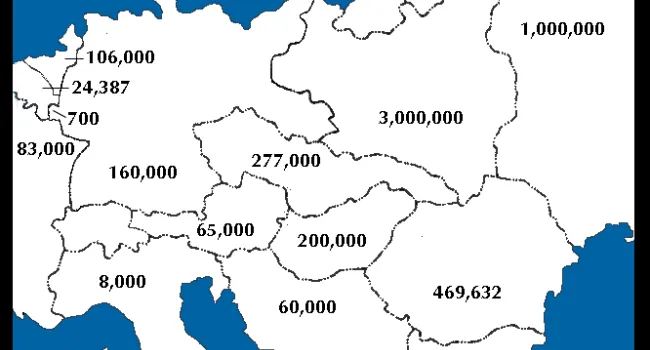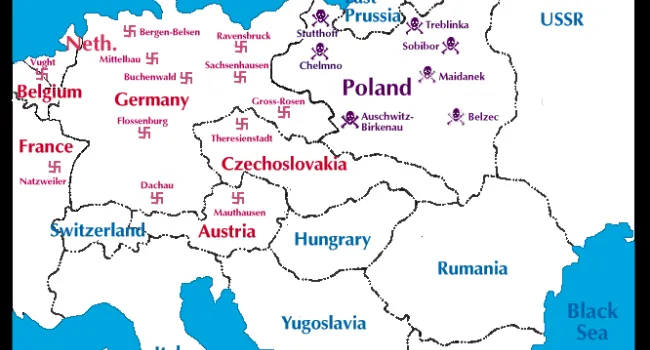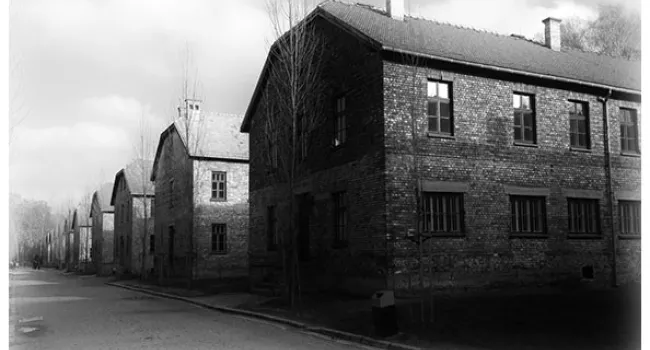Born in Germany, Margot Freudenberg grew accustomed at a very early age to being part of a minority. Her family lived in a large academic Jewish community of professors and doctors. Upon the Gestapo's arrival, a million questions were asked and the suicide rate was tremendous. Following Kristallnacht, all synagogues were dismantled stone by stone and burned, along with Jewish stores. The family escaped to America. People in South Carolina were lovely to them. "There were many people before us; many after us. Outstretched hands warmed and soothed us. The younger generation still doesn't believe it happened; it is, to them, made-up history how the people were tortured and persecuted and slaughtered. I owe this to six million Jews and one million precious children that were burned in the concentration camp, that I open my mouth and tell you what happened. Einstein said of this torture, 'The world is too dangerous, not because of people who do evil, but because of those who sit and let it happen.'"
Standards
- 5.3 Demonstrate an understanding of the economic, political, and social effects of World War II, the Holocaust, and their aftermath (i.e., 1930–1950) on the United States and South Carolina.
- 6.5.CE Explain the impact of nationalism on global conflicts and genocides in the 20th and 21st centuries.
- 8.5.CO Compare South Carolina and U.S. wartime contributions and demobilization after World War II.
- This indicator is intended to encourage inquiry into the significant causes of World War I and the impacts of the Treaty of Versailles, including its failure to prevent future global conflicts.
